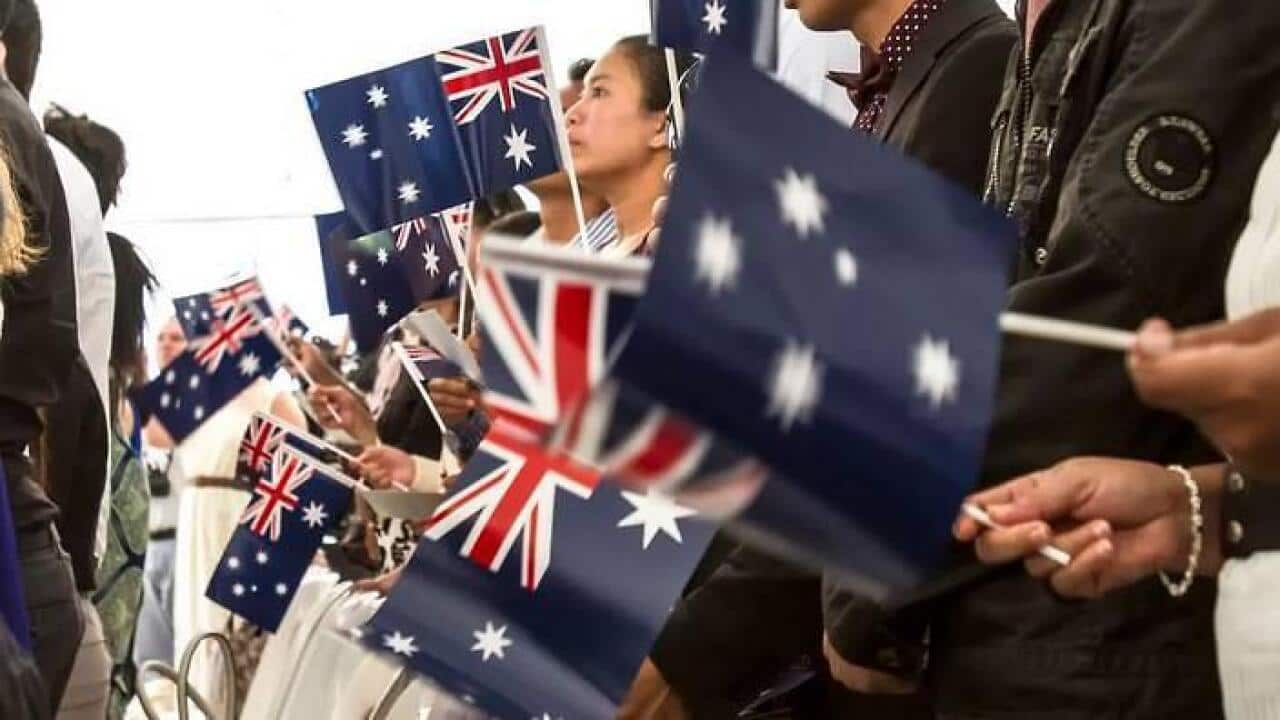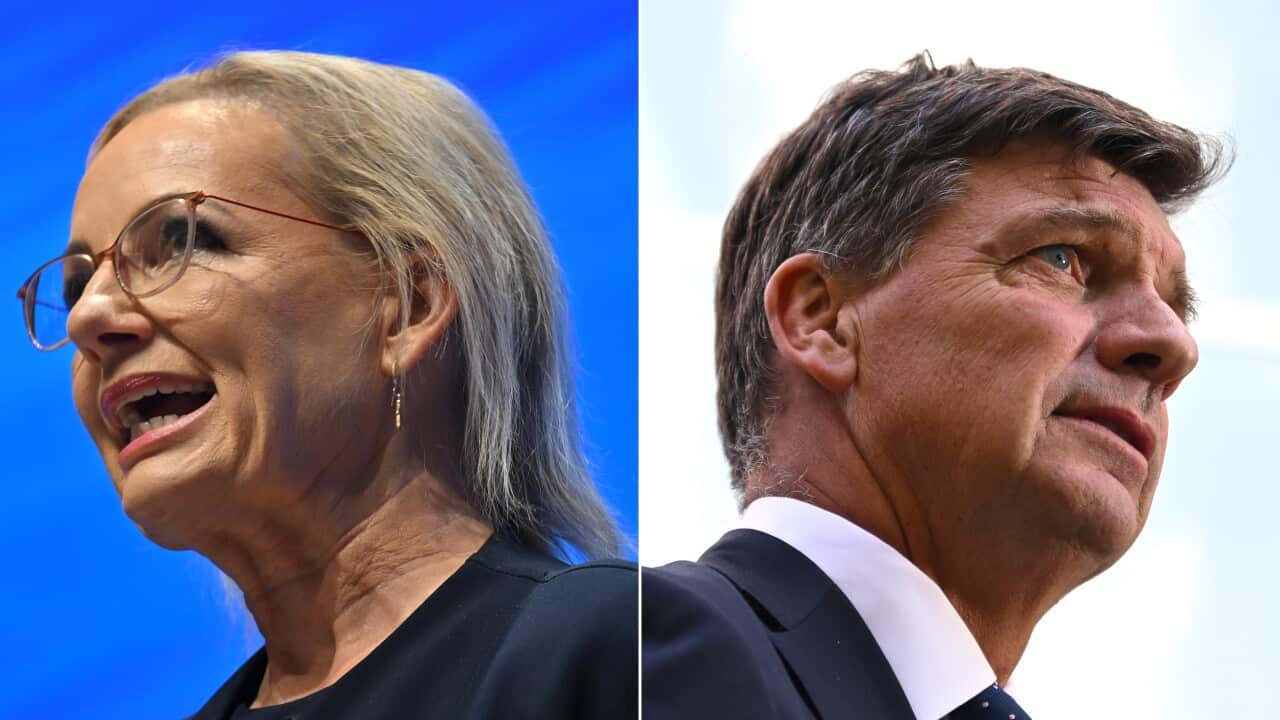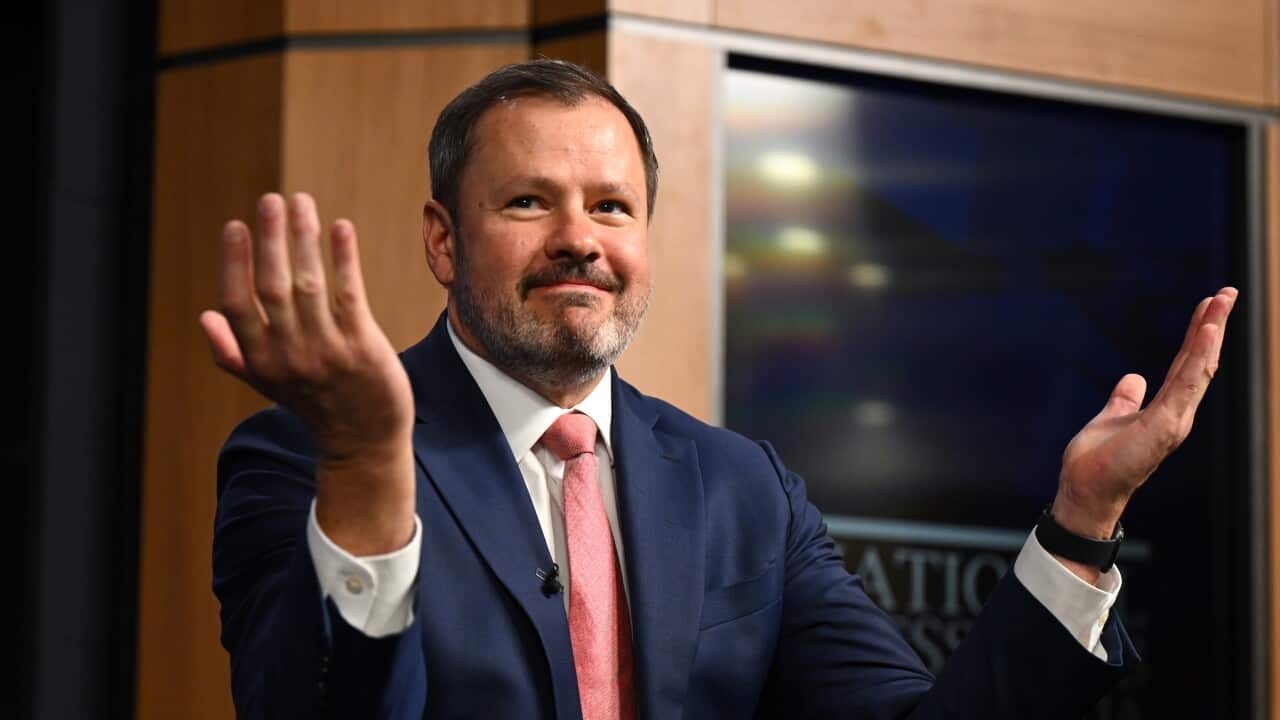Tony Burke has voiced major concerns over the government's proposed changes to the Australian Citizenship Legislation.
The two major concerns in this legislation he said, is the requirement for new citizens to be able to speak University level English and the extended delay for Permanent Residents.
Mr Burke says the high level of English requirement "will change what sort of country Australia is."
"Setting a benchmark of that high level of English means there will be a permanent underclass of non-citizens.
"I don't want that for Australia."
Mr Burke agreed that people immigrating to Australia should have conversational English, and pointed to the fact that the existing citizenship test is already in English.
Requiring university-level English is "snobbery," says Mr Burke.
"It's the same standard of English required to get into most of Australia's universities," he says.
"That's a very high level of English to require.
"Plenty of people born in Australia will speak English their whole lives and never get to university-level English.
"What that will mean will be that there will be many immigrants who are permanent residents here who will go through the whole of their working lives in Australia and never get to be citizens here."
He says sends a message to every single Australian who doesn't have university entrance qualifications that the Australian Government, if given the choice, would prefer those Australians were not here.
Mr Burke also points out what he says is a "dreadful double-standard," in the proposed laws that deliberately disadvantages those not from majority-white nations.
"Not everybody has to have university-level English [under the proposed laws]," says Mr Burke.
"There are about 50 countries in the world that have English as an official language - but only five of those countries require you to have university-level English - the United States, Canada, New Zealand, The United Kingdom and Ireland."
"So the five majority-white countries are the five countries that if you come from you don't need university level English.
"But if you come from India, Singapore, a Pacific Island nation that has English as an official language, you will be required to have university-level English."
"That's a dreadful double-standard."
Mr Burke says that "Labor would never support something like that being added to our citizenship laws."
"The five majority-white countries are the five countries that if you come from you don't need university level English. But if you come from India...you will be required to have university-level English."
The second change of major concern to the opposition is the extension of the permanent residency requirement. It extends the requirement from one year to four.
Mr Burke says, "We don't see how this delay can be good for migrant families."
He says that the Labor party is of the opinion that the government is trying to claim that this is a national security issue, and this is absurd - people applying for citizenship are already living in Australia permanently and their entry has been subject to strict character and security background checks.
He argues that if they were a security risk then they would have not been granted permanent residency.
Mr Burke was at one stage Minister for Citizenship for a brief period - he explains that as part of this he "had the privilege of writing out the message that is read out at every citizenship ceremony."
He says that he always reminded people that when they become citizens their story becomes part of Australia's story.
Mr Burke says that his view was "that we are enriched as a Nation at that moment and the two words I had at the end of that message were: Welcome Home."





